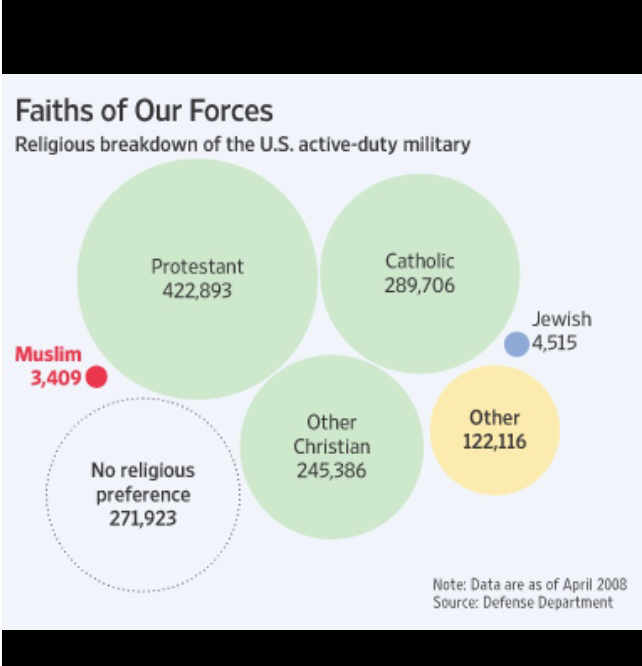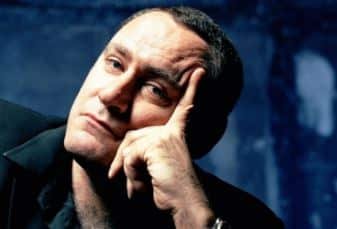

They may support wars, but they expect others to fight them.
But what about WWII, how many Jews gave their lives on Omaha Beach? Wouldn’t you expect a large number of young Jewish Marines to jump into the freezing water of Normandy on June 6, 1944 (D-Day) in support of the liberation of Europe so the can save their Jewish brothers in the old continent?
A few years ago I visited US military cemeteries in Normandy – many fields suffocated with lines of crosses. I myself couldn’t spot a single Star of David. I thought to myself that the Jewish Marines must have been very lucky, they somehow managed to escape the German bullets and the ferocious Tiger tanks but I was obviously completely wrong. Steven Spielberg actually managed to find one!
I believe that it would be fair to argue that when it comes to the WWII, Jews were vastly over represented in certain domains. They were, for instance, vastly dominating the demography of the Manhattan Project, They were building a “Jewish bomb”. However, in the battlefield their presence was rather minor as deputy FM Hotovely suggested.
I am not critical of people who avoid wars or even escape the battlefield. I would just suggest that if you do not plan to give up your life in a war, make sure that your Lobby doesn’t push for one.
If they want to burn it, you want to read it

Being in Time – A Post Political Manifesto,
Amazon.co.uk , Amazon.com and here (gilad.co.uk).
*In 2011 Haaretz confirmed “American Jews make up only a fraction of those (American armed Forces Iraq and Afghanistan’s) casualties — by a reliable count, 37 men and women who lost their lives in combat.” For those who are interested in statistics, 37 out of 5775 (total American armed forces fatalities in Iraq) makes 0.6% which is about 3 times under represented in comparison with the share of Jews within American population (2%).

Gilad Atzmon is an Israeli-born British jazz saxophonist, novelist, political activist, and writer.
Atzmon’s album Exile was BBC jazz album of the year in 2003. Playing over 100 dates a year, he has been called “surely the hardest-gigging man in British jazz.” His albums, of which he has recorded nine to date, often explore the music of the Middle East and political themes. He has described himself as a “devoted political artist.” He supports the Palestinian right of return and the one-state solution in the Israeli-Palestinian conflict.
His criticisms of Zionism, Jewish identity, and Judaism, as well as his controversial views on The Holocaust and Jewish history, have led to allegations of antisemitism from both Zionists and anti-Zionists. A profile in The Guardian in 2009 which described Atzmon as “one of London’s finest saxophonists” stated: “It is Atzmon’s blunt anti-Zionism rather than the music that has given him an international profile, particularly in the Arab world, where his essays are widely read.”
His book The Wandering Who? is available at Amazon.com
ATTENTION READERS
We See The World From All Sides and Want YOU To Be Fully InformedIn fact, intentional disinformation is a disgraceful scourge in media today. So to assuage any possible errant incorrect information posted herein, we strongly encourage you to seek corroboration from other non-VT sources before forming an educated opinion.
About VT - Policies & Disclosures - Comment Policy




Comments are closed.